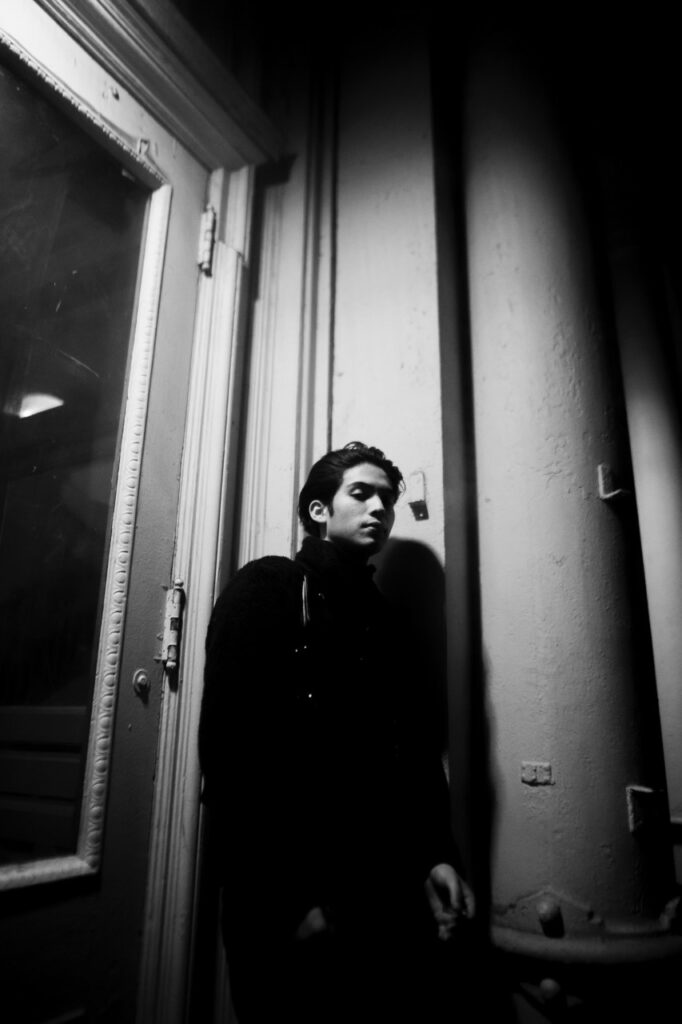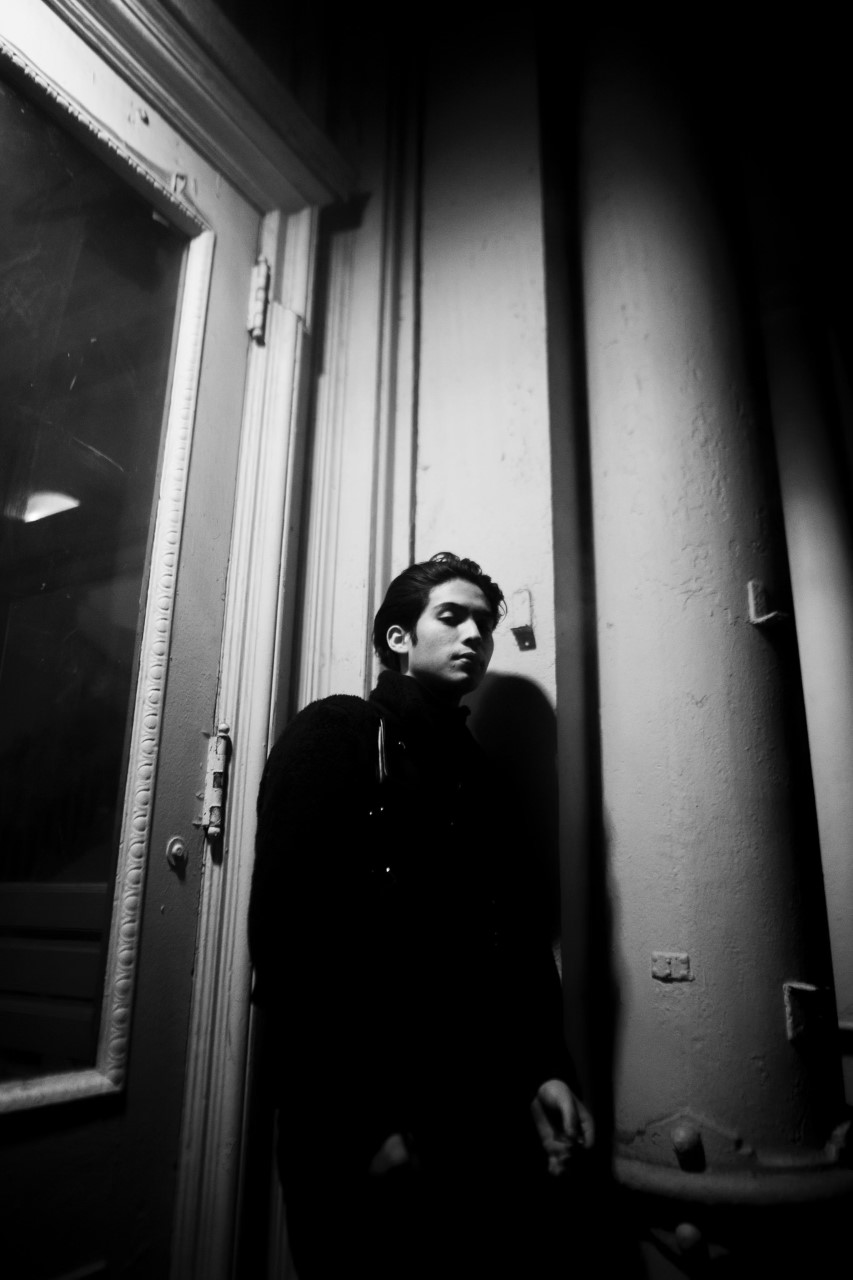
-Who is Yoshiya Yamamoto?
A 23 year old aspiring cinematographer/photographer from Japan and Pakistan. I’ve had the pleasure of having lived in 4 countries, all of which exposed me to incredibly rich cultures that have ultimately influenced many of my creative endeavors.
-What inspired you to become a filmmaker?
I’ve had many creative influences over the years, but there are a few in particular such as my film professor in high school and the many films I watched that I can credit for inspiring me to pursue film. My base has always been in photography, but film seemed to be a more versatile medium for me to communicate stories while still being able to integrate my logistical knowledge of photography. Directors such as Wong-Kar-Wai and cinematographers such as Rina Yang and Christopher Doyle are some figures that I can definitely credit as well for largely inspiring my creative approach to cinematography.

–Do you think the cinema can bring a change in society?
I think that film is a beautiful merge of many powerful mediums. It consists of elements of music production, photography, and narrative writing. All of which have to be balanced perfectly to incite certain emotions in the viewer, or to start conversations about issues in society as a whole. I think that there have been many directors that have used their personal experiences to highlight larger issues within society, and when these projects are executed honestly, I see that they can greatly influence the way people think, and how comfortable they may feel addressing certain topics. So yes, I do believe cinema has the potential to significantly impact society.
–What would you change in the world?
One goal that I have that I want to achieve through film is to begin as many conversations as possible. I want to avoid making statements through my projects, and instead create discourse about a variety of topics and issues that may affect far more people than we realize. Although the thought of impacting the world in some way frightens me, I know that I can potentially impact people just as other directors have impacted me.
–Where do you see the film industry going in the next 100 years?
Very difficult to say of course, but judging by the speed that technology is advancing, I can definitely see people using some kind of virtual reality tech to completely immerse themselves in films. Although this may seem kind of worrying, I can imagine it being a more impactful experience for the viewers. My only hope is that we don’t lose the classic experience of going to a traditional movie theater and enjoying a film with friends and family. My fear is that the cinema experience will slowly fade just as the act of reading physical books has slowly faded with the rise of iPads and audiobooks.

